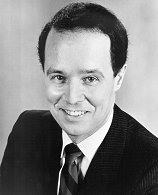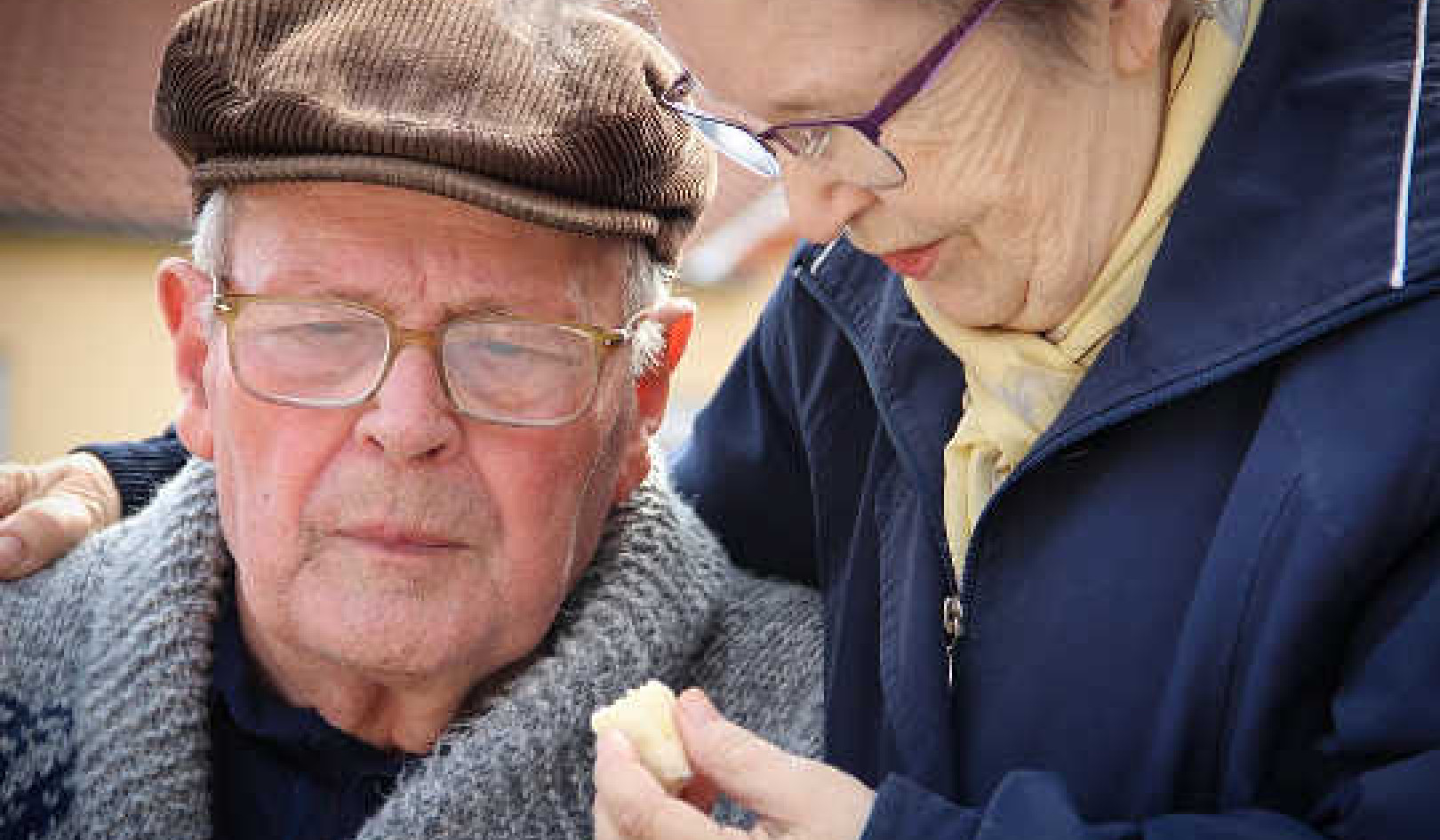
Image by Esther Merbt
Prayer is the most important part of the human experience. It is the most important part of our daily activities. The reason it is the most important part of our experience and our activities is because it is the process by which we create our lives.
It should be understood by anyone examining the subject of prayer that everything we think, see, and do is a prayer. Life is a prayer in the sense that it is a continuous request to the universe and its God to present us with what we choose and desire.
God understands our desires not just through the occasional utterances that we call "prayers" in the traditional sense, but through every thought we think, every word we speak, and everything we do. Our thoughts, our words, and our actions are our prayers.
Most people do not think of life as a constant prayer; most people believe they are praying only when involved in that deliberate, peculiar activity we know as prayer. Thus, many people feel that their prayers either go unanswered or or are answered sporadically and only in the affirmative. But the truth is, prayer does not begin with kneeling down, or lighting a votive candle, or sitting in meditation, or picking up our prayer beads, or performing some outward or inner ritual.
Beginning and Ending of Prayer
Prayer begins at the moment of our birth and ends with our death, if we speak in the classic terms of most human understanding. Of course, if we more beyond the notions of birth and death to reach higher understandings, we learn that birth and death are merely the beginning and the end of an ongoing, cyclical experience through which we move throughout the ages and for all time.
But in normal human terms, in our relative world, I would use the word "prayer" to create a greater understanding among a larger number of people. Our prayer begins within the moment of our birth in this particular lifetime. And at our death this particular version of our prayer ends. But at no time between our birth and our death do we cease our prayer.
What Is Prayer?
If we understood that every word, thought, and action was a prayer sent right to God, a request sent right to the Heavens, I believe we would change much of what we think, say, and do. Further, I believe we would better understand why our more formalized prayers seem to be answered only sporadically, if at all. For here is what really happens: In our formalized prayers we seek God's intercession or intervention in our affairs, hoping that God will somehow alter or create something for us. Yet these formal prayers only take a moment or two each day, or for some, each week. The rest of our time -- probably 95 to 99 percent -- is spent sending, oftentimes unwittingly, prayers to God that work exactly in the opposite direction of our formal prayers.
So we pray for one thing and we go out and do another. Or we pray for one thing and we go out and think another. Let me give you a typical example. We may pray for greater abundance in our life, or for help with a financial problem. Those prayers are earnestly offered, earnestly said, and earnestly sent to God during our formal, ritualized time for prayer. Then for the rest of the week we go around harboring thoughts of insufficiency, saving words of insufficiency, and demonstrating insufficiency in the everyday actions of our lives. So 95 percent of the time we send prayers that affirm we don't have enough and 5 percent of the time we ask God to bring us enough. It is very difficult for the universe to grant us our wishes when 95 percent of the time we are, in fact, asking for something else.
The Answer to Our Prayers
This is the single most misunderstood aspect of prayer in our human experience. This truth is that the universe is a giant xerox, sending us, all the time, the answer to our prayers. And we are, in fact, sending prayers to the universe all the time, from morning till night, from birth till death. This is at once both empowering and, for people who are unwilling to take the responsibility it inherently creates, frightening. Only for those who understand the great gift that God has given us -- the gift of our ability to create what we want -- does this form of prayer seem inviting. For those unable to accept this level of responsibility for their actions, this form of prayer -- morning to night, birth to death, in the shape of our words, thoughts, and actions -- seems intimidating at best and unacceptable at worst.
Only when we are willing to accept that our words are creative, our thoughts are creative, and our actions are creative, could this be attractive. Many are unwilling to accept this as truth because they are not very proud of the majority of their thoughts, words, and actions and certainly don't want them to be considered as actual requests to God. And yet they are.
The injunction then is to speak, think, and act in a way of which we can be proud -- in a way that sends to God our grandest thoughts and produces our highest visions and thus creates Heaven on Earth for all of us.
Your Life Is Your Prayer
The thoughts expressed here are not new nor are they what one would usually think of as "new age". As a matter of fact, a wonderful minister at the Marble Cathedral in New York City named Dr. Norman Vincent Peale spoke many of these same words when he authored what is arguably one of the world's ten most famous books, The Power of Positive Thinking. What Dr. Peale said is what I am saying here: Your entire life is your prayer.
When we become consciously aware of this, and when we accept this truth with joy, our entire lives change -- sometimes virtually overnight and other times more slowly and subtly. When we accept this truth, we suddenly understand that God is our best friend and has given us tools of unlimited power to create the reality we seek to experience.
Talking With God, or Talking To God
The most extraordinary prayer I have ever heard is one sentence I find myself saying continually throughout my life: "Thank you God for helping me to understand that this problem has already been solved for me." This prayer has moved me through the most difficult moments in my life into peace and equanimity and even serenity.
My second major point about prayer is that everyone may have a conversation with God. The process by which we communicate with God and by which God communicates with us is open to all of us, not just to a select few -- not to the prophets, the sages, and the wisdom bringers of all time but to the butchers, the bakers, and the candlestick makers, and the barbers, lawyers, homemakers, politicians, teachers, and airline pilots -- all of us.
Gratitude Prayer
God's communications with us is two-way, not one-way. God says to us that it is not necessary to pray a prayer of supplication. A prayer of supplication is a statement that we do not now have something, or we would not be asking for it. Therefore, asking for something literally pushes it away, for one does not ask for something one already has. In the request, then, is hidden our scarcity. That statement produces the result of not having. That is why all the great sages and all the great teachers of all the world's mystical and religious traditions, bar none, have said to pray a prayer of gratitude. Thank you, God, for allowing me to know that this problem has already been solved for me.
Then go on with your day and notice the miracle.
Reprinted with permission of the publisher, New World Library,
Novato, CA 94949. ©1998. www.nwlib.com
Article Source
The Power of Prayer: Writings on Prayer
Edited by Dale Salwak. Introduction by Neale Donald Walsch.
A collection of brief essays and reflections on the the art and power of prayers features the contributions of Jimmy Carter, Neale Donald Walsch, Dale Evans Rogers, Jack Canfield, Thich Nhat Hanh, and other notable theologians, philosophers, artists, politicians, and writers.
Click here for more info or to order this book. Also available as a Kindle edition.
About the Authors
Neale Donald Walsch lives with his wife, Nancy, at Heart Light, a retreat site they have founded in the woodlands of southern Oregon. Together they have formed ReCreation, an organization whole goal is to give people back to themselves. Walsch is continually touring the country, answering requests for lectures, and hosting workshops to support and spread the messages contained in Conversations with God. Visit his website at http://www.conversationswithgod.org/.
 Dale Salwak is a professor of English at Southern California's Citrus College. He has taught courses and conducted seminars on biblical history and literature for over twenty-five years. Professor Salwak's works include eighteen books on various contemporary literary figures as well as Faith in the Family, Wonders of Solitude and The Power of Prayer.
Dale Salwak is a professor of English at Southern California's Citrus College. He has taught courses and conducted seminars on biblical history and literature for over twenty-five years. Professor Salwak's works include eighteen books on various contemporary literary figures as well as Faith in the Family, Wonders of Solitude and The Power of Prayer.





























